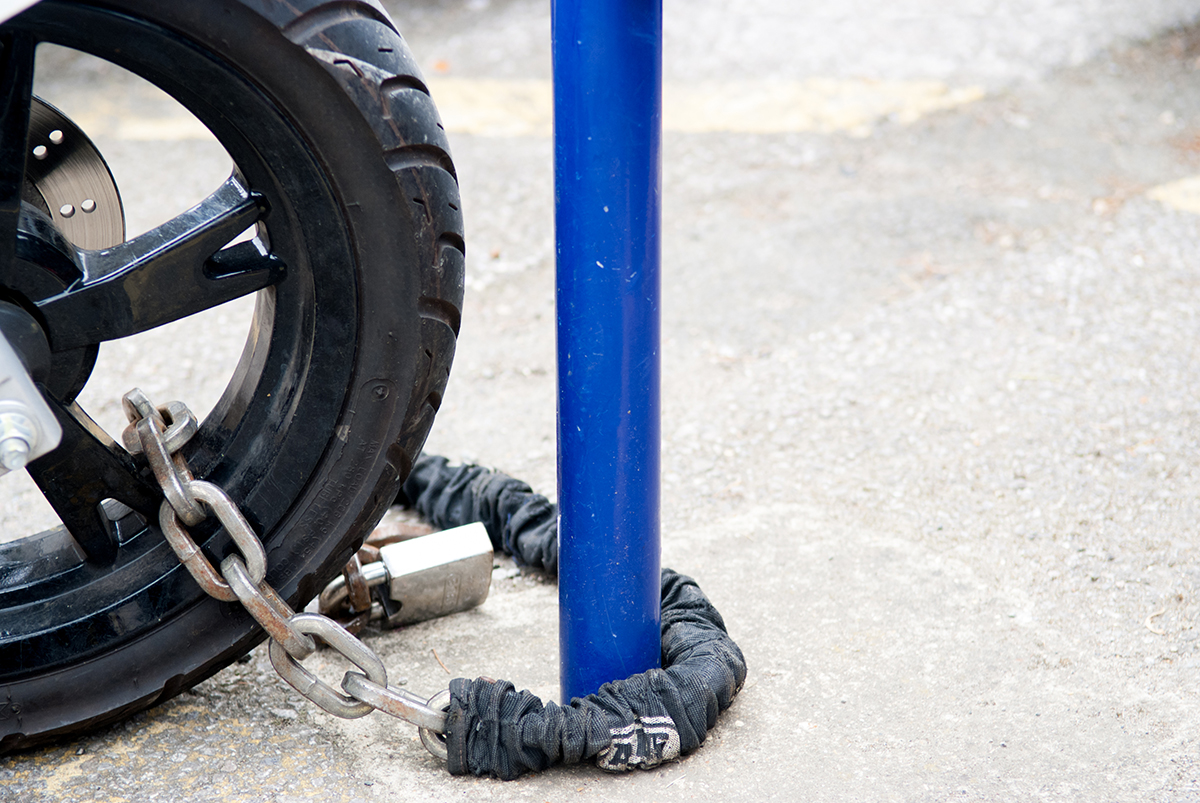Between meeting unfamiliar clients, showing homes, and working in remote locations, realtors are often at risk while on the job.
Attacks, data breaches, and weather-related emergencies are real safety concerns realtors face nearly every day.
That’s why the National Association of Realtors (NAR) created its Realtor Safety Program — to minimize these events and help industry professionals feel safe by providing best practices, safety tips, training videos, and other valuable resources.
Keep reading as we cover the NAR’s list of essential realtor safety tips as well as some additional strategies to ensure your protection in the field.
1. Prepare for the Weather
Make sure to dress appropriately for the weather and bring any extra supplies you may need (umbrella, extra clothes, jackets, blankets, snacks, etc.) with you. If conditions turn bad and you’re stuck in your car or a client’s home, these items can be a lifesaver!
Check out our blog on how to prepare for extreme cold weather for a full list of essential items to keep in your car in case of emergency.
2. Stay Alert
Especially during open houses, showings, or in areas you’re unfamiliar with, always pay attention to your surroundings. Keep time spent on the phone to a minimum, do your best to know where your clients are inside the home at all times, and have an escape plan in case things go wrong.
The NAR recommends checking your surroundings every ten seconds to help you stay alert and avoid safety risks.
3. Think Before You Post
Social media plays a significant role in realtor safety. What you post online can provide potential attackers with information on you, your whereabouts, and your life. Whenever you’re about to hit the “Post” button, pause and consider if what you’re sharing will put you at risk.
4. There’s Safety in Numbers
If someone attacks you and there are other people nearby, run toward them if you can. The risk of others witnessing their crime will typically stop an attacker in their tracks.
5. Alternate Routes
GPS maps of rural areas can often be outdated. Find and memorize alternate routes when traveling to a rural property to avoid getting lost or turned around by weather-related road closures.
6. Don’t Text & Drive
This realtor safety tip is self-explanatory. Job-related texts may feel urgent and can be hard to resist answering, but it can wait. These texts aren’t worth your life.
7. Keep Your Home Address & Other Personal Information Private
The only address you should use when sending work-related mail — physical or email — is your office address. Protect your privacy and never share your home address or sensitive personal information (family life, who you live with, etc.) under any circumstances.
8. Test Your Smoke Detectors
Realtor safety isn’t just about being cautious of others.
Make sure your smoke detectors are functioning properly at the office and at home. Test them once a month, swap out the batteries if necessary, and replace the entire unit every ten years.
9. Change Your Default Router Password
Factory-set router passwords are easy for hackers to crack. Change your office router’s password to a strong one with capital letters, numbers, and special characters to avoid data leaks and protect you and your coworkers’ information.
10. Clear Every Room
Even if you think everyone has left after an open house, do a run-through of the entire home — checking every room along the way and the backyard. Once you’re absolutely sure it’s empty, you can lock the doors with peace of mind.
11. Use Your First Initial
If all a potential client sees on a For Sale sign is your first initial and last name, they’ll have no way of knowing your gender until they call. If you’d like to keep your gender private, try this strategy next time you put up a sign.
12. Have Your Sellers Hide Personal Items
Before a showing or open house, advise your sellers to put away any valuables and items (mail, paperwork, etc.) that may contain personal information. Jewelry, electronics, and other personal items that can be easily stolen should be stored in a safe place.
13. Know Before You Show
Don’t agree to show a property to a new client before getting to know them first. If possible, have your first meeting at the office or a public place, and trust your gut. If it tells you to beware, either turn them down or have a trusted colleague show the home with you.
14. Work Safe When You Work Late
When working at the office after hours, lock all doors and windows, keep plenty of lights on, and play some music. If it looks and sounds like more people are there with you, it can help deter potential attackers.
Also, make sure a coworker or loved one knows that you’ll be working late so there’s always someone looking out for you.
15. Keep Your Phone Charged
In emergencies, your phone is your lifeline. And when it comes to realtor safety, a charged phone can make all the difference.
Never go into an open house, showing, or client meeting with a low battery. Have a charger in your car, and bring a portable charger as a backup to ensure your phone stays charged.
16. Get a Wireless Hotspot for Rural Areas
A spotty network connection can hinder communication between you and your clients, as well as emergency services. For those areas with unreliable reception, like rural properties, consider buying a wireless hotspot to stay connected.
17. Scout the Neighborhood First
Before a showing or open house, pass through the neighborhood once or twice and look for signs of danger. These could be unlawful activity, broken car windows or street lights, a house fire, dilapidated or abandoned homes, etc.
Identifying these risks can help you plan for and avoid potentially dangerous situations.
18. Save Essential Numbers on Your Phone
Make sure you have these numbers saved and ready to go for crisis situations:
- Loved ones/emergency contacts
- Coworkers
- Your office number
- Roadside assistance
You never know what may happen, and having these numbers will ensure you’re ready to act fast in an emergency.
19. If You’re Being Followed, Don’t Drive Home
If you even think someone might be following you in your car, whatever you do, don’t go home.
Remain calm, drive as you normally would, and head for a heavily populated area like a grocery store, public park, or police station. You can also call a spouse or loved one and update them on your situation, which can provide some much-needed comfort.
Only drive home once you’re sure the coast is clear.
20. Night Showing? Let There Be Light!
Our final tip for this edition of Realtor Safety 101 is for those rare occasions when you need to host a night showing.
Only showing homes during the daytime is an essential best practice, but sometimes you have no choice but to schedule them after dark. For these events, turn on every light in the house and leave all curtains, blinds, and shades open.
Learn More Realtor Safety Tips in Part 2!
Like what you’ve learned so far?
Head over to Part 2 and discover eighteen more realtor safety tips to protect you, your colleagues, and your personal information. We’ll see you there!





